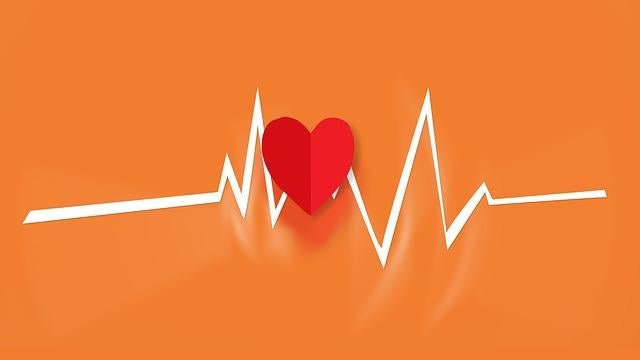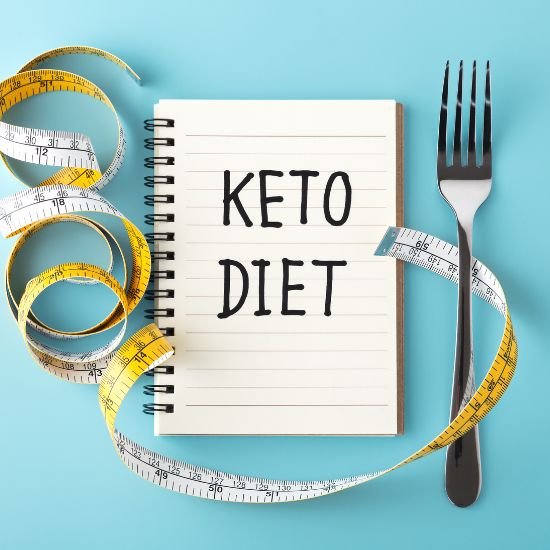
Is Resveratrol actually good for your Heart ?
Share
Resveratrol : Benefits of Resveratrol for your Heart.
Cardiac health is one of the top concerns among the 65+ age group and this population segment is set to double in the next 30 years.
Resveratrol is a natural ingredient with a plethora of cardiovascular benefits.
Heart health, a matter of flexibility.
With age the cardiovascular system becomes less capable of adapting to normal fluctuations (caused by diet, stress level, physical activity) in our daily routine. Keeping the cardiovascular system (heart, arteries, capillaries and veins) flexible helps maintain normal blood pressure, blood flow, blood glucose levels and overall health and wellness.
Resveratrol helps manage cardiovascular health in overweight and obese individuals.
Twenty one studies on the cardiovascular effects of resveratrol in overweight and obese subjects were pooled in a recent meta-analysis.1 Resveratrol was found to significantly lower total cholesterol, systolic blood pressure and fasting glucose. Doses equal to or greater than 300mg/day were seen to significantly lower diastolic blood pressure and insulin levels.
21 Studies, 681 overweight/obese individuals, 2 weeks – 6 months (median 3 mo.), 8 – 3000mg daily (median 300 mg).
Resveratrol has been shown to lower blood pressure
Systolic blood pressure (SBP) increases progressively with age and is therefore considered a more important risk factor for cardiovascular disease than diastolic blood pressure.2 Several studies have shown that resveratrol can help reduce the risk of hypertension by lowering SBP. 3-5
A meta-analysis of six studies found that resveratrol at doses of equal to or greater than 150 mg/day significantly lowered SBP. 6 Studies, 247 overweight/obese individuals, 30 days – 1 year, 16 – 1000 mg daily.
Resveratrol supports healthy blood flow
Studies have shown that resveratrol may support healthy blood flow (vascular function) by dilating blood vessels (vasodilation), which in turn leads to a decrease in blood pressure.6
Flow-mediated dilatation (FMD) measures how effectively an artery relaxes in response to increases in blood flow rate 7 ; impaired FMD is therefore a risk factor for the development of cardiovascular disease and hypertension.8
According to clinical study results, resveratrol may improve vascular function by increasing FMD with evidence linking this to the ingredient’s ability to increase nitric oxide concentrations.8
Nineteen individuals with borderline hypertension, Four weeks (weekly intervals), placebo, 30, 90, 270 mg/day, FMD of the brachial artery.
References1) Huang H, Chen G, Liao D, , et al. The effects of resveratrol intervention on risk markers of cardiovascular health in overweight and obese subjects: a pooled analysis of randomized controlled trials. Obesity Reviews, 2016, doi: 10.1111/obr.12458.
2) Strandberg TE and Pitkala K. What is the most important component of blood pressure: systolic, diastolic or pulse pressure? Curr Opin Nephrol Hypertens 2003;12(3): 293-297.
3) Timmers S, Konings E, Bilet L, et al. Calorie restriction-like effects of 30 days of resveratrol supplementation on energy metabolism and metabolic profile in obese humans. Cell Metab 2011;14(5):612-622.
4) Movahed A, Nabipour I, Lieben Louis X, et al. Antihyperglycemic effects of short term resveratrol supplementation in type 2 diabetic patients. Evid Based Complement Alternat Med 2013; Article ID 851267,2013. doi:10.1155/2013/851267.
5) Liu Y, Ma W, Zhang P, et al. Effect of resveratrol on blood pressure: A meta-analysis of randomized controlled trials. Clin Nutr 2015;34(1):27-34.
6) Carrizzo A, Puca A, Damato A, et al. Resveratrol Improves Vascular Function in Patients With Hypertension and Dyslipidemia by Modulating NO Metabolism. Hypertension 2013;62(2):359-366.
7) Black CD, Vickerson B and McCully KK. Noninvasive assessment of vascular function in the posterior tibial artery of healthy humans. Dynamic Med 2003;2:1.
8) Wong RH, Howe PR, Buckley JD, et al. Acute resveratrol supplementation improves flowmediated dilatation in overweight/obese individuals with mildly elevated blood pressure. Nutr Metab Cardiovasc Dis 2011;21(11):851-856









